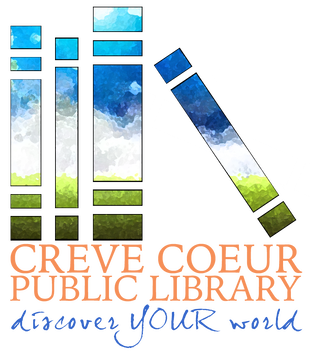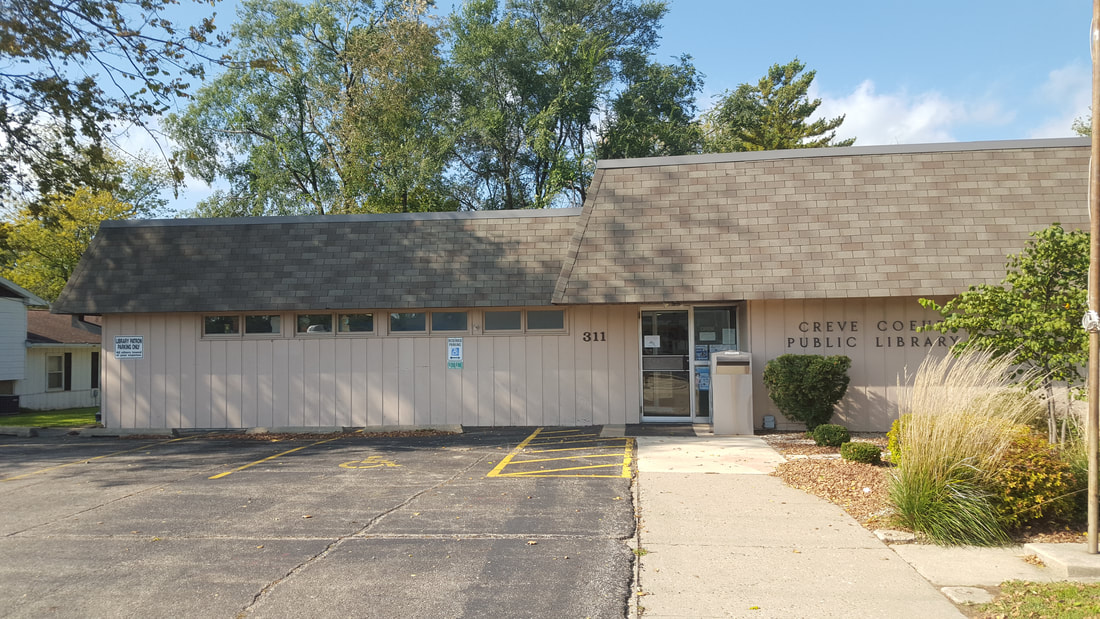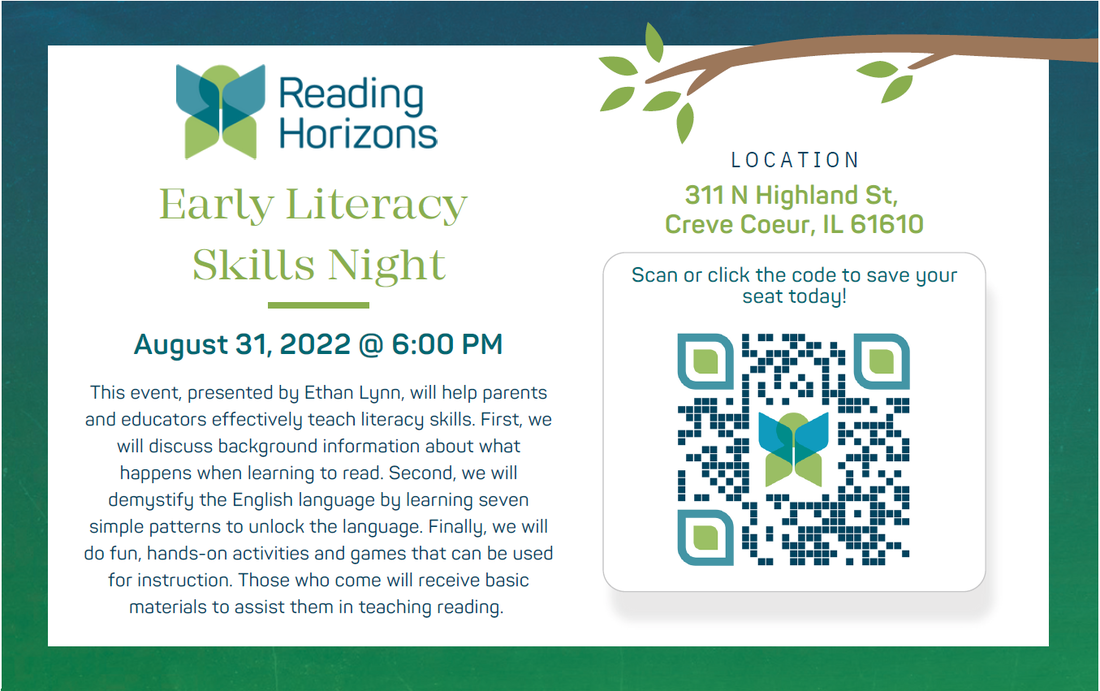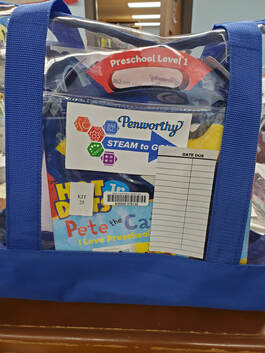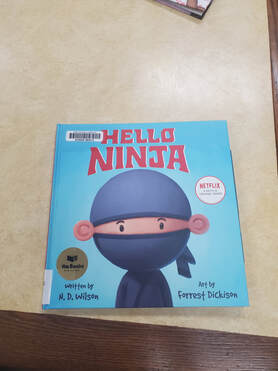What is Early Literacy?
Early literacy does not mean teaching young children how to read. Instead, it means helping children develop the skills they will need to become successful readers. Early literacy activities build rich language skills: vocabulary, self-expression, and understanding (comprehension). These skills help children make sense of printed words when they start reading.
Children’s Librarians have identified five early literacy practices that help children get ready to read. Here is a list of the five early literacy practices, and some activities you can do with your child to develop his or her language skills:
Early literacy does not mean teaching young children how to read. Instead, it means helping children develop the skills they will need to become successful readers. Early literacy activities build rich language skills: vocabulary, self-expression, and understanding (comprehension). These skills help children make sense of printed words when they start reading.
Children’s Librarians have identified five early literacy practices that help children get ready to read. Here is a list of the five early literacy practices, and some activities you can do with your child to develop his or her language skills:
|
Playing Children learn how to express themselves when they play. They also discover the meaning of words, and how to tell stories. When they learn new words through play, they will recognize those words in print when they start reading. Learning how to tell stories builds reading comprehension.
Talking with your child is one the best ways to develop language and early literacy skills. Conversations help a child express thoughts, learn what words mean, and gain new information about the world. Talking also gives children a rich foundation of knowledge they can apply to their independent reading. The more children know about the world, the more words they will recognize on a printed page or digital screen.
|
Singing helps children hear how words can be broken down into smaller parts. This skill will help them sound out words when they start reading on their own. Songs also teach new vocabulary, and introduce new concepts.
Writing activities help children learn letter names and sounds. Writing, or scribbling and drawing, also helps children learn that marks on paper represent spoken language. This knowledge will help them decode words on pages and screens when they start reading.
|
Reading with your child is one the best ways to help children get ready to read on their own. The language in books is much richer than the language we use every day. This means reading expands your child’s vocabulary. Hearing lots of “rare words” in early childhood will help your child recognize words in print when he or she starts reading. This means he or she will understand what they read.
|
